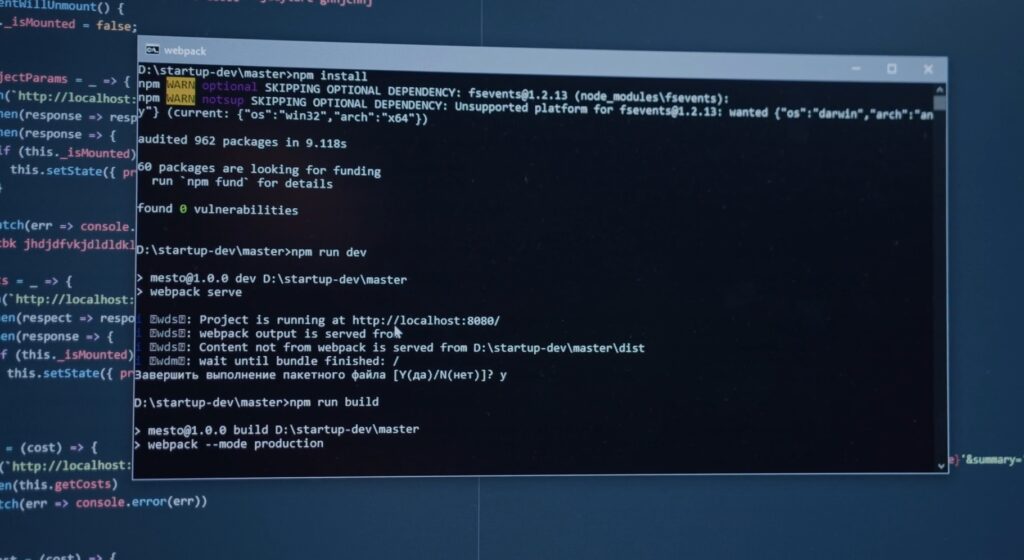In software development, code optimization is an essential process that can significantly impact the performance of your software. Optimized code can result in faster load times, improved user experience, and reduced server costs. In this article, we’ll explore some best practices for writing efficient code that can help you optimize your software and achieve better performance.

Use Efficient Data Structures
Efficient data structures are crucial to writing optimized code. The data structure you choose can impact the performance of your software significantly. For example, using a hash table can provide fast access to data, while a linked list can be slower to access. Choosing the right data structure for your use case is essential to writing efficient code.
Minimize Loop Iterations
Loops are essential to many programming tasks, but they can also be a performance bottleneck if used inefficiently. One of the best ways to optimize loops is to minimize the number of iterations. This can be achieved by using break and continue statements to exit loops early when the desired condition is met.
Avoid Recursion When Possible
Recursion is a powerful programming technique, but it can also be costly in terms of performance. Recursive functions can result in a significant amount of function call overhead, which can slow down your software. Avoid recursion when possible, and consider using iteration instead.
Reduce Function Calls
Function calls are another performance bottleneck in software development. Each function call adds overhead, and excessive function calls can significantly impact the performance of your software. Reduce function calls by consolidating functions and reducing the number of arguments passed.
Use Efficient Algorithms
Efficient algorithms can make a big difference in the performance of your software. For example, using a binary search algorithm can provide faster access to sorted data than a linear search algorithm. When writing software, it’s important to choose the most efficient algorithm for the task at hand.
Avoid Global Variables
Global variables are a common source of performance issues in software development. When global variables are used, the compiler may not be able to optimize the code effectively, resulting in slower execution times. Avoid using global variables when possible and use local variables instead.
Use Compiler Optimization Flags
Compiler optimization flags are an effective way to optimize your code. These flags can instruct the compiler to optimize your code for performance, resulting in faster execution times. For example, using the -O3 flag with the GCC compiler can provide significant performance gains.
Use Caching Techniques
Caching techniques can help improve the performance of your software by reducing the time required to retrieve data. Caching involves storing frequently accessed data in memory, allowing it to be retrieved quickly without the need for disk access. When using caching techniques, it’s important to choose the right cache size and eviction policy to ensure optimal performance.
Writing efficient code is essential to achieving optimal software performance. By following these best practices, you can optimize your code and achieve faster load times, improved user experience, and reduced server costs. Use efficient data structures, minimize loop iterations, avoid recursion when possible, reduce function calls, use efficient algorithms, avoid global variables, use compiler optimization flags, and use caching techniques. Incorporating these best practices into your development workflow can help you achieve optimal software performance and provide a better user experience.